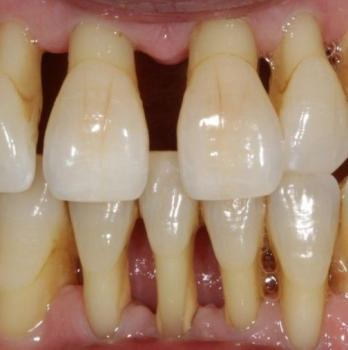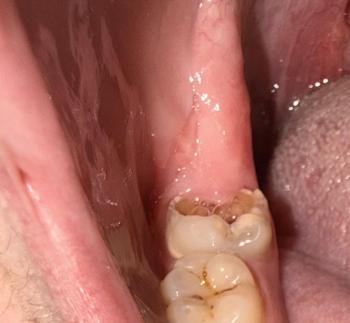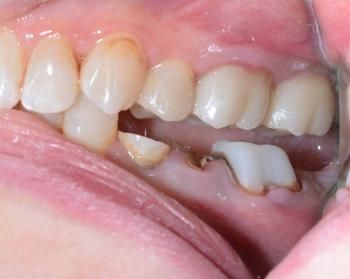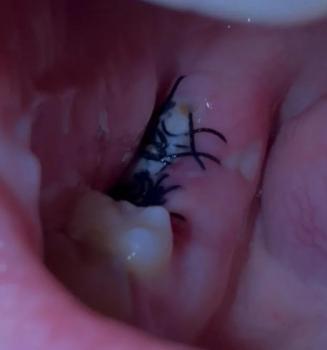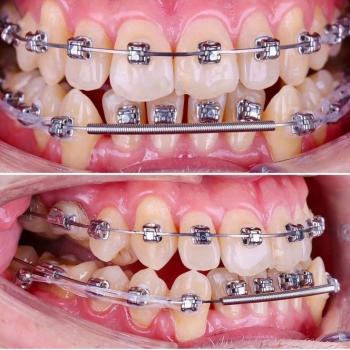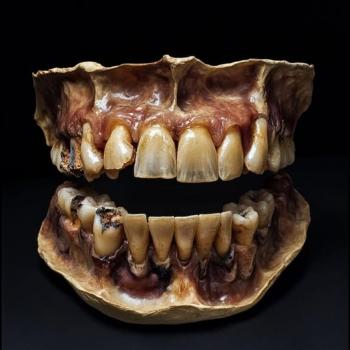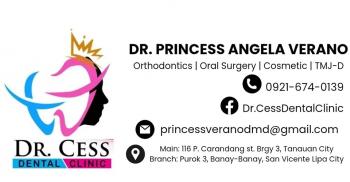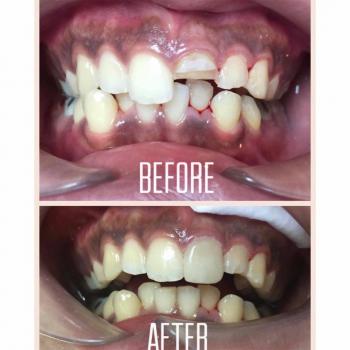Smile Again with Comfort and Confidence.
The Top 3 Ways You’re Accidentally Harming Your Teeth
Language :
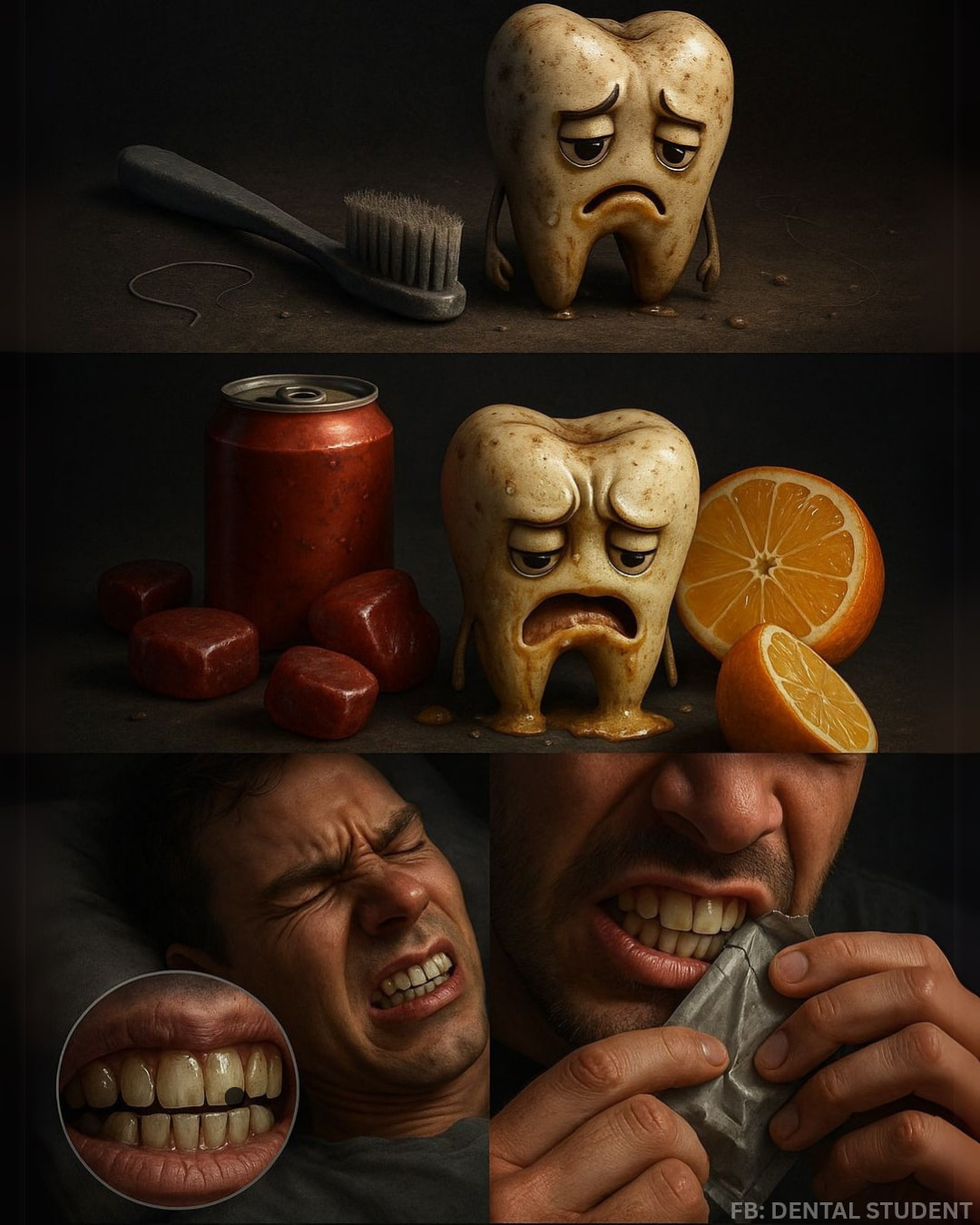
Three Harmful Habits That Damage Your Teeth—And How to Break Them
Your teeth are essentialz for eating, speaking, and maintaining facial structure, yet many people unknowingly engage in habits that harm their dental health. Over time, these small actions can lead to cavities, gum disease, and even tooth loss.
This article explores three common but damaging dental habits, why they’re harmful, and how to replace them with better practices. We’ll also discuss the importance of oral health, key reminders for maintaining strong teeth, and the mental mindset needed to uphold good dental hygiene.
1. Poor Brushing and Flossing Habiits
The Problem:
Skipping brushing or rushing through it allows plaque—a sticky bacterial film—to accumulate. These bacteria produce acids that erode enamel and irritate gums, leading to cavities and gingivitis.
The Solution:
-
Brush twice daily for two minutes using a soft-bristled toothbrush.
-
Floss at least once a day to remove plaque between teeth.
-
Consider an electric toothbrush for better plaque removal.
Critical Thinking:
Why do people neglect brushing properly? Often, it’s due to time constraints, laziness, or lack of awareness. However, investing two minutes now can save you from painful (and expensive) dental procedures later.
2. Frequent Consumption of Sugary and Acidic Drinks
The Problem:
Soda, energy drinks, and sweetened juices are high in sugar and acid, which:
-
Erode enamel, making teeth sensitive and prone to decay.
-
Feed harmful bacteria, increasing cavity risk.
The Solution:
-
Limit sugary drinks—opt for wateer, herbal tea, or milk.
-
Use a straw to minimize contact with teeth.
-
Rinse your mouth with water after consuming acidic drinks.
Critical Thinking:
Many people justify daily soda intake by thinking, “One won’t hurt.” But small, frequent exposures cause cumulative damage. Would you pour acid on your teeth? Because that’s essentially what sugary drinks do.
3. Using Teeth as Tools
The Problem:
Opening bottles, tearing packages, or chewing ice can:
-
Crack or chip teeth
-
Damage dental work (fillings, crowns)
-
Strain the jaw, leading to TMJ disorders
The Solution:
-
Use scissors, bottle openers, or proper tools instead.
-
Avoid chewing on hard objects like pens or fingernailes.
Critical Thinking:
Teeth are designed for chewing food—not as multi-tools. The momentary convenience isn’t worth a cracked tooth or a costly dental visit.
Why Taking Care of Your Teeth Matters
Oral health is linked to overall health. Poor dental hygiene can contribute to:
-
Heart disease (bacteria from gum disease can enter the bloodstream)
-
Diabetes complications (gum disease makes blood sugar harder to control)
-
Respiratory infections (mouth bacteriae can reach the lungs)
Prevention is always cheaper (and less painful) than treatment.
Things to Remember for Strong, Healthy Teeth
✔ Brush twice, floss once daily – Consistency is key.
✔ Cut back on sugar and acid – Your enamel can’t grow back.
✔ Visit your dentist regularly – Early detection prevents major issues.
✔ Use teeth only for chewing – Avoid unnecessary risks.
The Right Mindset for Dental Health
Building good dental habits requires:
✅ Awareness – Recognize harmful behaviors.
✅ Discipline – Stick to routines even when busy.
✅ Long-term thinking – Small efforts today prevent big problems tomorrow.
Final Thought:
Your smile is one of your most valuable assets. Break these bad habits before they break your teeth.
Call to Action:
Which of these habits do you struggle with? What steps will you take today to protect your teeth? Share your thoughts below!
By making small, conscious changes, you can preserve your smile for a lifetime.

